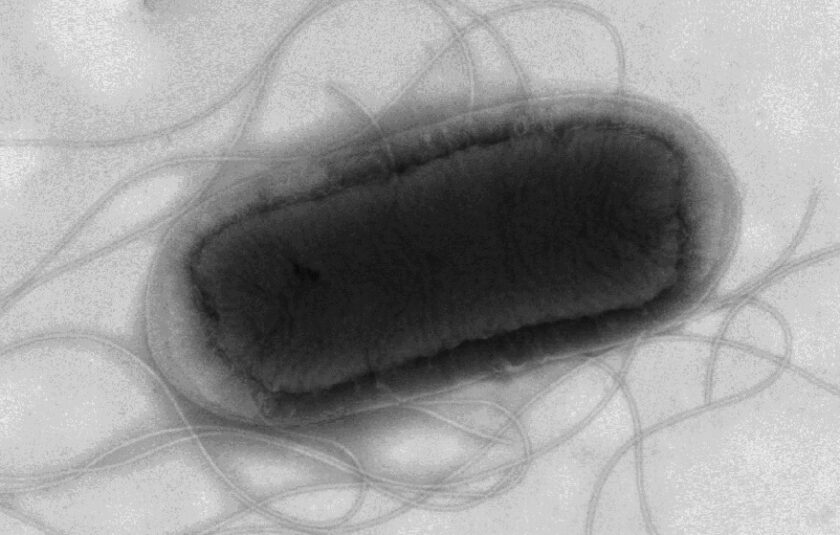Wales sees 18 cases in UK E-coli outbreak linked to ‘nationally distributed food item’

More than 100 people across the UK have been hit with an E. coli bug over the past few weeks, which is believed to be linked to a nationally distributed food item.
The UK Health Security Agency (UKHSA), along with public health agencies in Wales, Scotland, and Northern Ireland, is investigating an increase in the number of Shiga toxin-producing Escherichia coli (STEC) cases across the UK.
As of 4 June 2024, 18 cases have been confirmed in Wales, with a total of 113 cases reported across the UK.
The cases have been identified since 25 May 2024, with 81 in England, 13 in Scotland, and one in Northern Ireland, where the infection was likely acquired while visiting England.
Shiga toxin-producing Escherichia coli (STEC) can cause severe bloody diarrhoea and, in some cases, more serious complications.
The infection is often transmitted through contaminated food but can also spread via close contact with an infected person, or direct contact with an infected animal or its environment.
Wendi Shepherd, Consultant in Health Protection for Public Health Wales, said: “Public Health Wales is working with partners in the UK and across the Welsh NHS to investigate this incident.”
“There are currently 18 cases identified in Wales, and healthcare providers have been advised of the increase. We advise anyone experiencing bloody diarrhoea or severe stomach cramps to seek medical attention.”
Trish Mannes, Incident Director at UKHSA, emphasised the importance of hygiene: “Symptoms of infections with STEC include severe and sometimes bloody diarrhoea, stomach cramps, vomiting, and fever.”
“If you have diarrhoea and vomiting, you can take steps to avoid passing it on to family and friends.”
“NHS.UK has information on what to do if you have symptoms and when to seek medical advice.”
“Washing your hands with soap and warm water and using disinfectants to clean surfaces will help stop infections from spreading.”
“Do not prepare food for others and avoid visiting people in hospitals or care homes until 48 hours after your symptoms have stopped.”
Darren Whitby, Head of Incidents and Resilience at the Food Standards Agency, noted the ongoing investigation: “The FSA is working with UKHSA and relevant public health bodies to identify the source of the illness, which is likely linked to one or more food items.”
“We always advise consumers and those looking after vulnerable people to ensure good hygiene practices are followed when handling and preparing food, regularly washing hands with soap and warm water, and ensuring equipment, utensils, and surfaces foods come into contact with are cleaned thoroughly to prevent cross-contamination.”
UKHSA says that typically, the UK sees around 1,500 cases of STEC annually.
The current outbreak, identified through whole genome sequencing, indicates a single source, likely a nationally distributed food item.
Despite the wide geographic spread, the exact source of the outbreak remains unidentified, and investigations are ongoing.
Health bodies urge anyone who has experienced bloody diarrhoea or severe stomach cramps to seek medical attention.
Preventative Measures
Health authorities are advising the public to follow these steps to reduce the risk of infection:
- Hand Hygiene: Wash hands regularly with warm water and soap. Alcohol gels do not kill all bugs that cause diarrhoea.
- Food Safety: Wash fruits and vegetables thoroughly and cook food properly.
- Isolation: If experiencing diarrhoea and vomiting, do not prepare food for others and avoid visiting hospitals or care homes. Do not return to work, school, or nursery until 48 hours after symptoms have stopped.
Spotted something? Got a story? Email: [email protected]
Latest News
